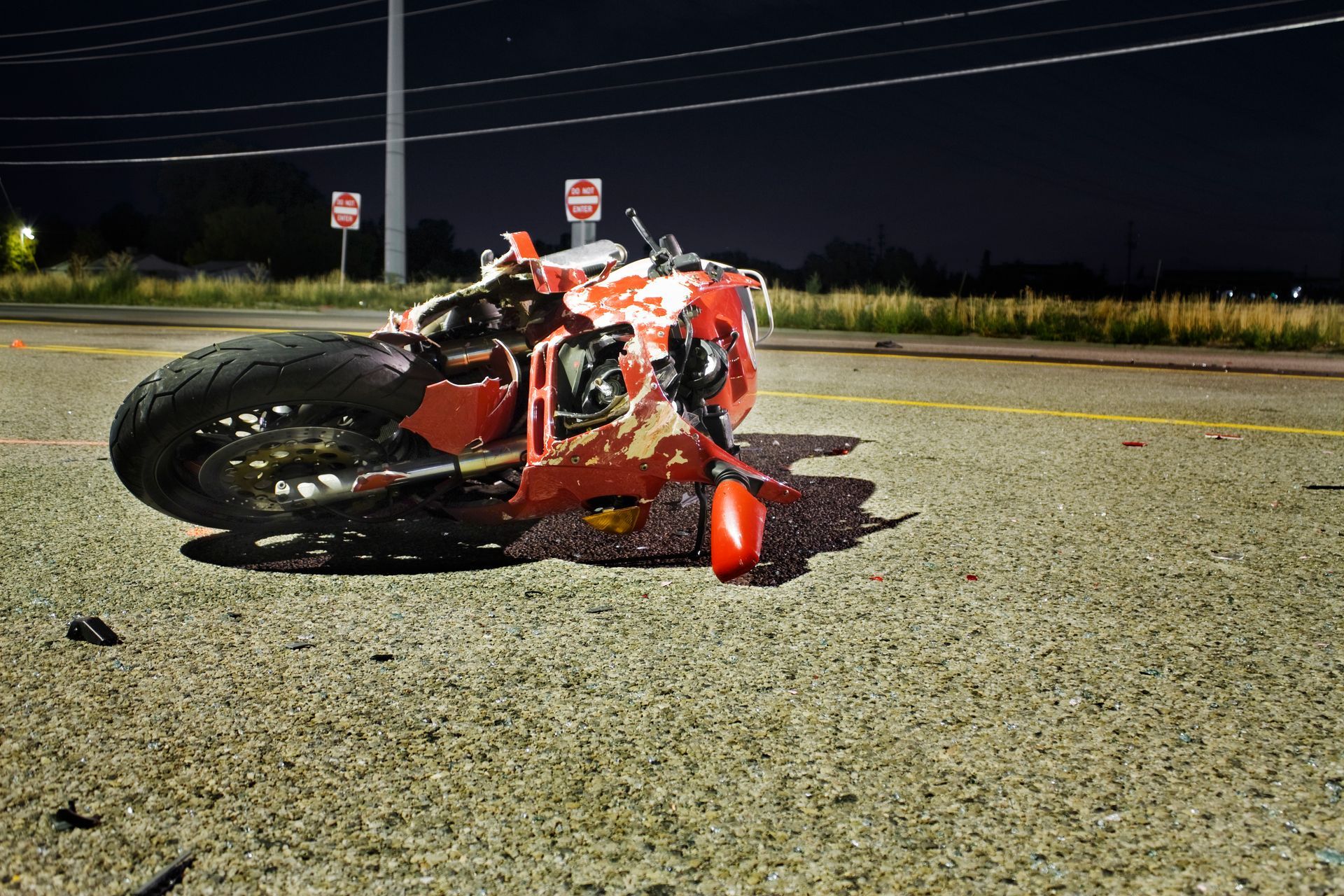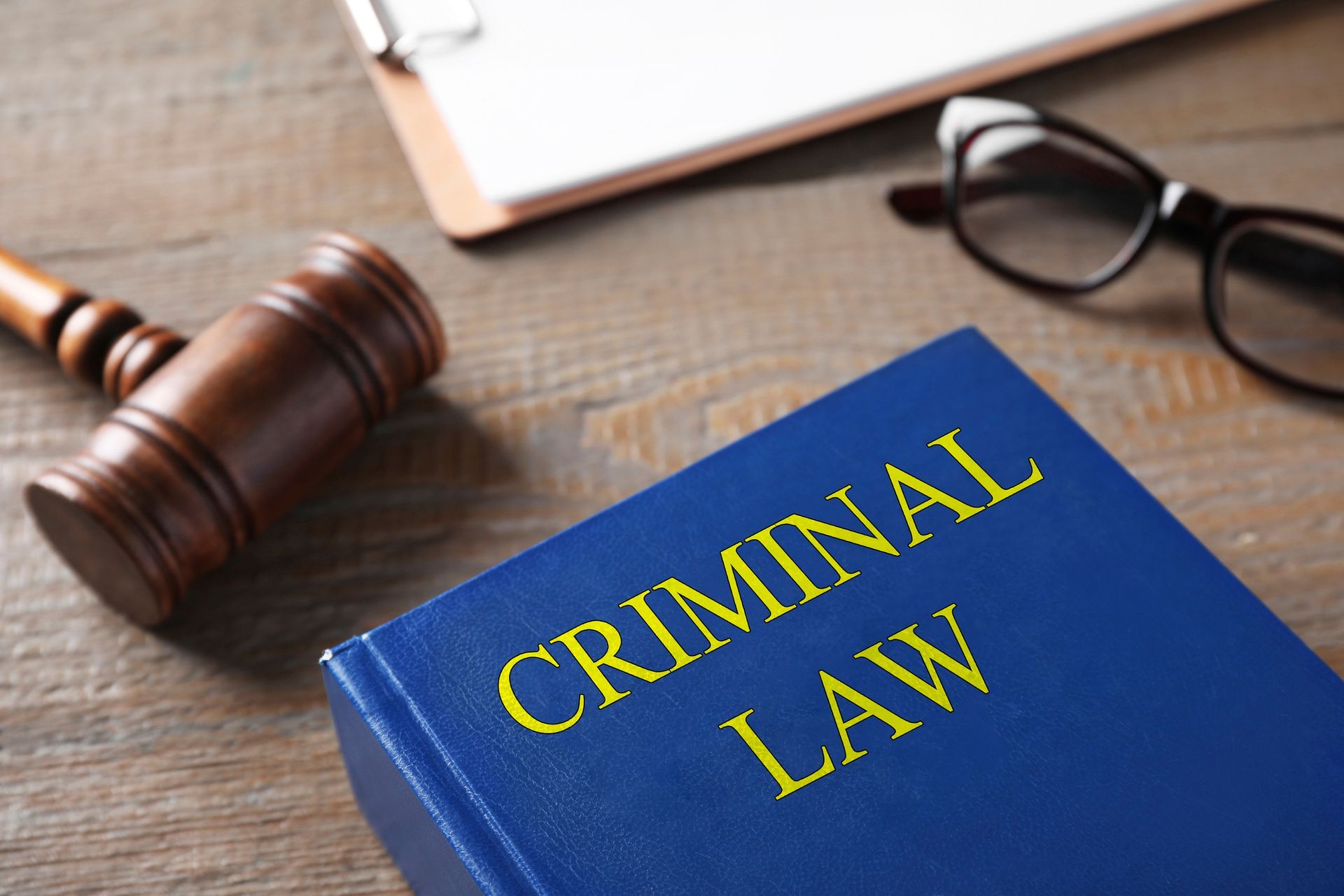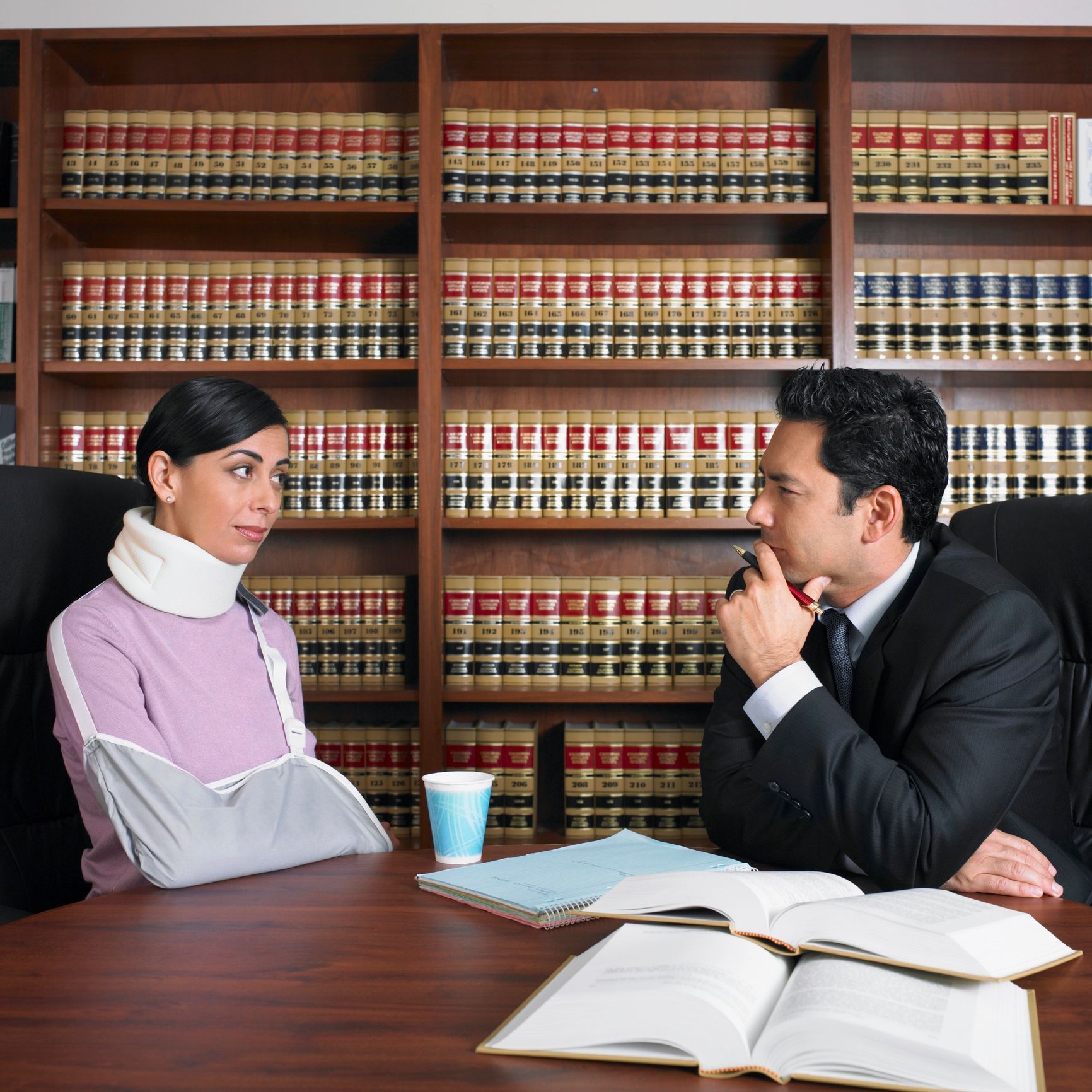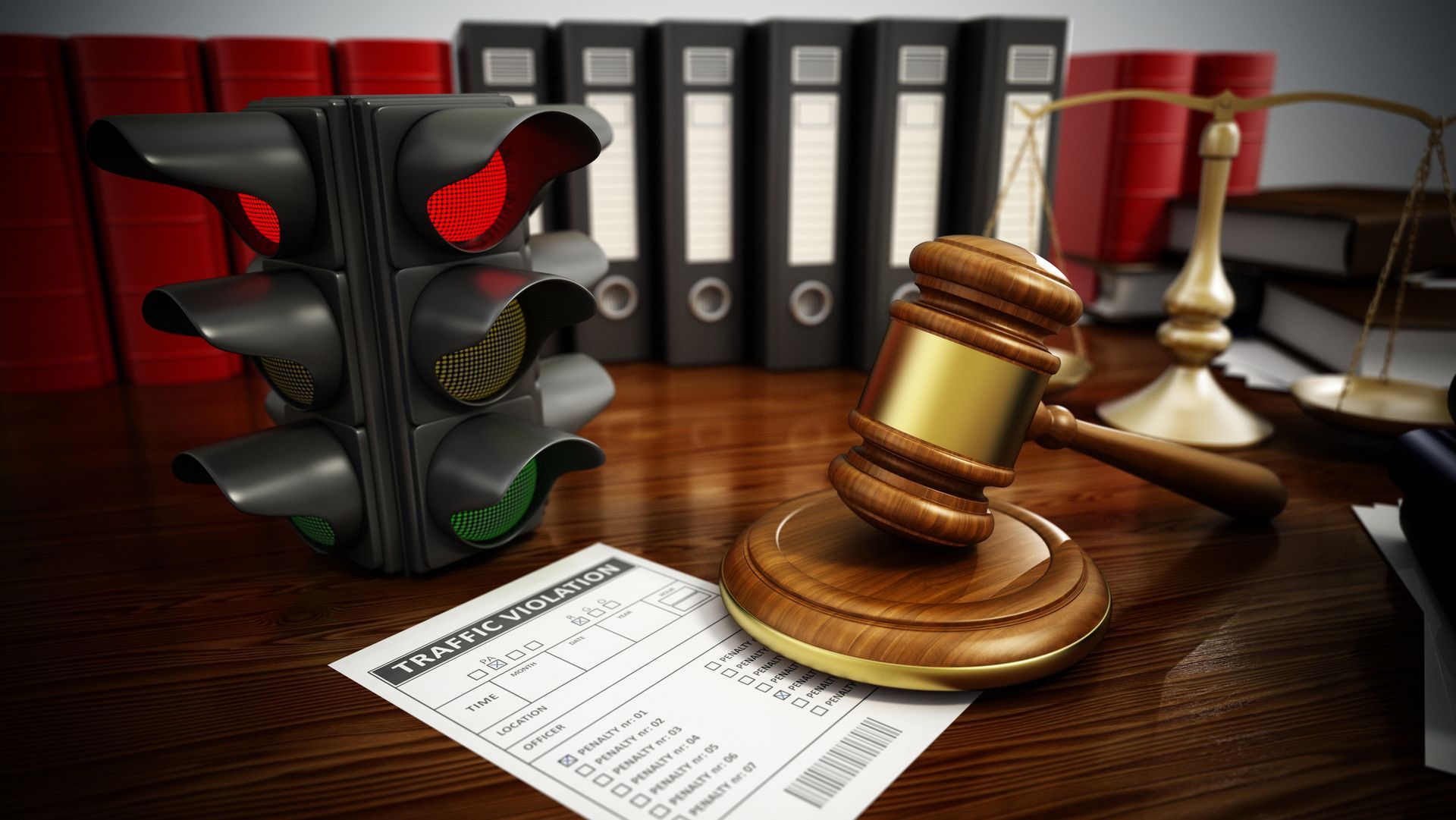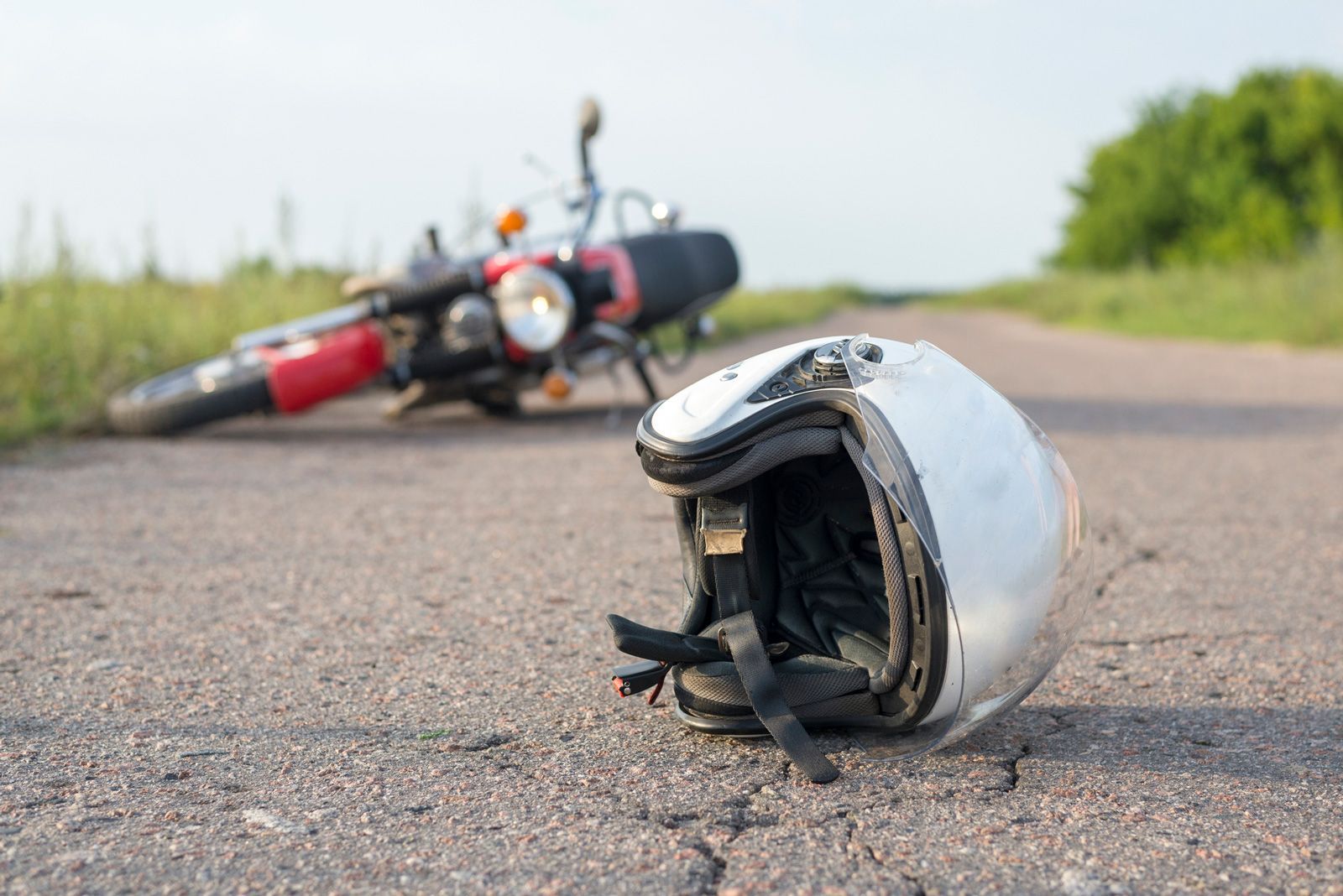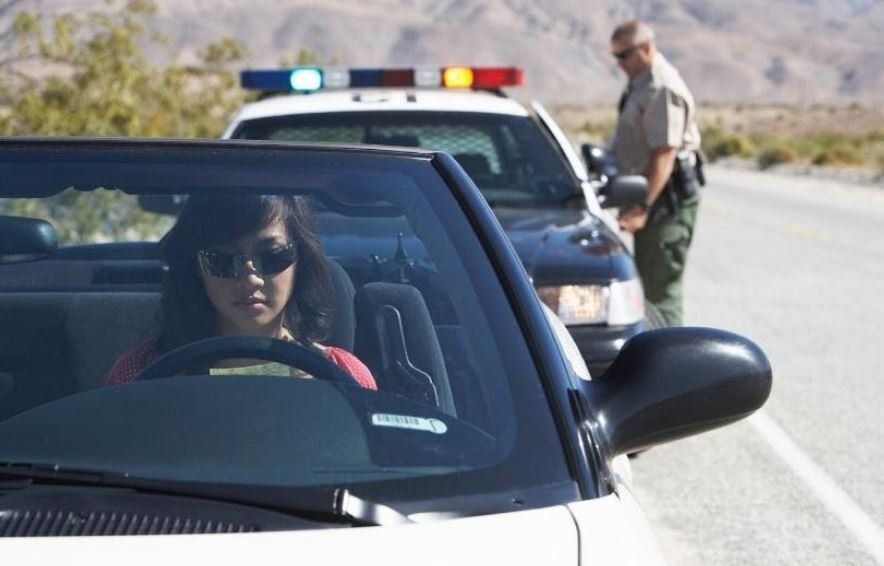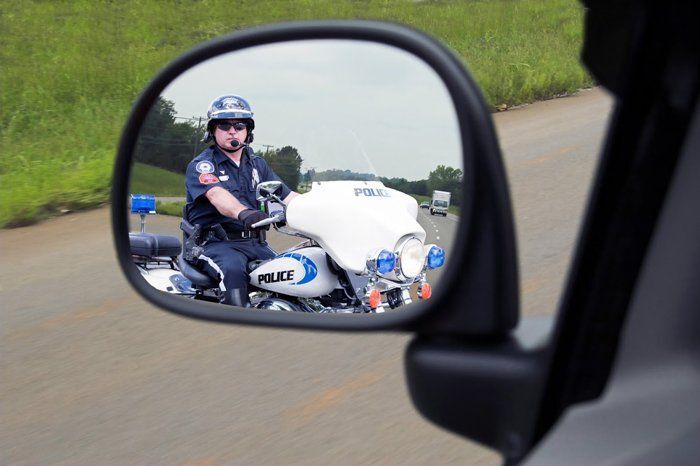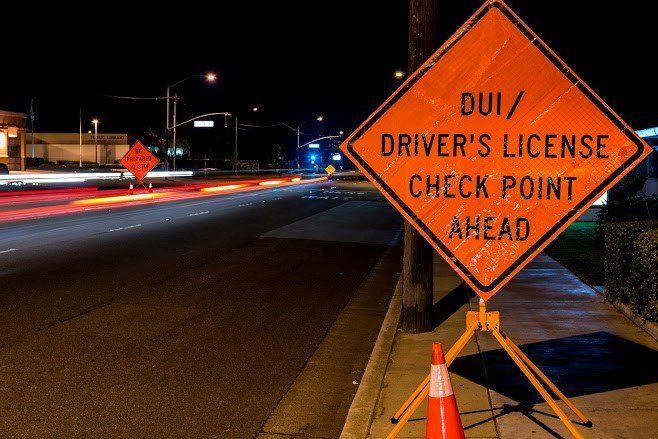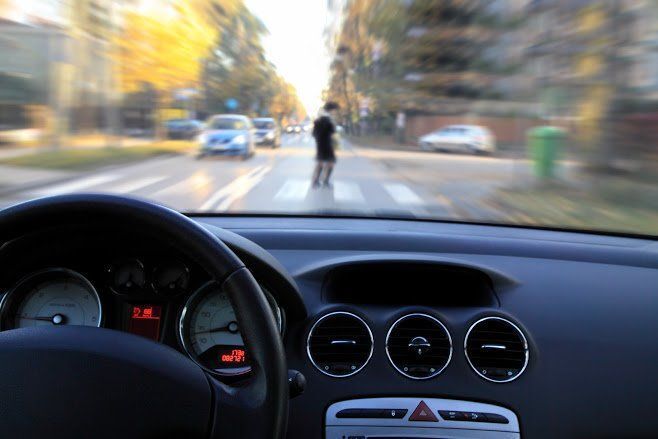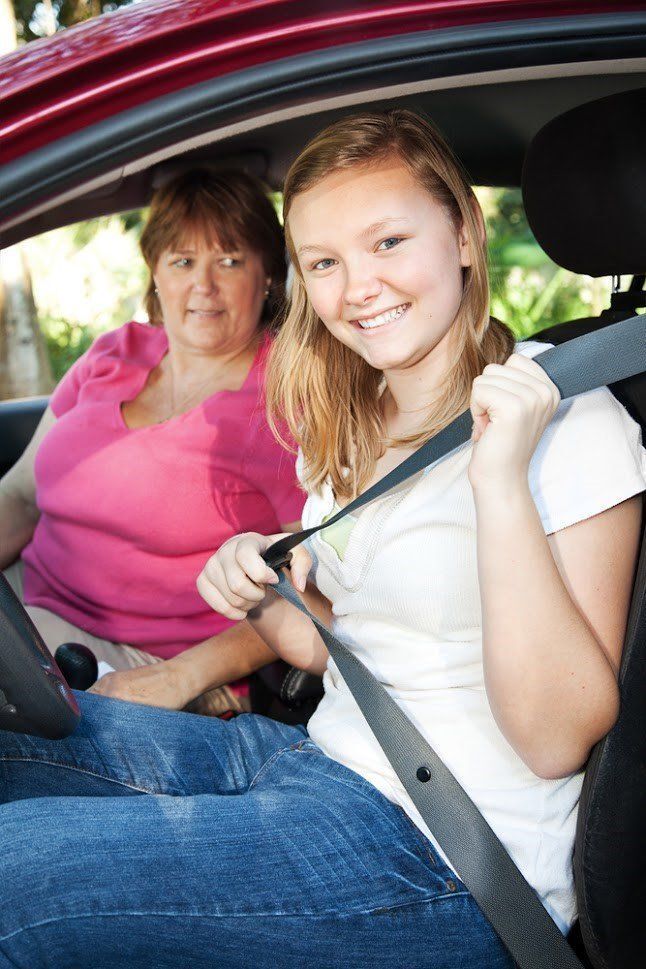
If you think that the only way to get arrested for a DUI is to drive under the influence, you're mistaken. You don't have to be under the influence to fail a field sobriety test. In fact, about one-third of sober people who take a field sobriety test fail. Unfortunately, if you fail the field sobriety test, you will likely be arrested and taken into police custody. From that point, you face a long battle while you try to prove your innocence.
Here are just five of the ways that you can fail a field sobriety test while you're sober.
When a teenager begins to borrow the family car to drive themselves, parents usually have a lot of concerns. Is their child ready for the responsibility? Will they use this new right in a smart manner? And will new independence affect their choices?
Even at this challenging time, though, one thing that all parents or guardians should take the time for is to understand how teenage driving accidents involve the parent. In doing so, you can also protect your family by reducing potential liability. How so? Here's a starter on what you need to know.
What Is the Driver's Liability?
Generally, all vehicle drivers are expected to operate that vehicle with due diligence and intentional safety. Even though a teenager is still a minor in the eyes of the law, as a driver, they have the same responsibility to do so as adult drivers.
This means that if your child is reckless, such as driving at high speeds, or is negligent — using their cell phone, for instance — they can be liable for damages or injuries just as you would be. If they engage in criminal acts, such as drunk driving, they face legal and financial consequences just like an adult.
What Is the Parent's Liability?
Adult drivers are generally held responsible for their own actions. However, a parent of a minor may also be held liable in certain circumstances.
Two legal reasons hold a parent liable for a child's actions. The first is "negligent entrustment.” This legal concept means that if you know (or should know) that someone is negligent, you may also be negligent if you don't provide sufficient supervision. If the teen has had multiple speeding tickets, for example, allowing them to continue driving your vehicle may be considered negligence.
The second way you may be responsible is because the law could consider the child as acting under your direction and authority. As a person with control over the minor's activities, a parent is presumed to provide direction in how the vehicle is used. This is "vicarious liability.” If you send your teenager to pick up their siblings, for example, the law could argue that they are under your direction.
Both legal ideas are reasonably vague and have a potentially wide scope. An experienced attorney can help you assess your risk of either being used against you in a specific situation.
How Can You Minimize Liability?
Now that you know how liability may affect you as a parent, what can you do about it? Legal liability usually depends on the idea that you did something negligent or reckless. Therefore, your best protection is to take your role seriously in enabling the teenager to drive.
Consider ways you can take reasonable action on what you already know about your child's driving. If he or she uses their cell phone while driving or speeds on a regular basis, you may not want to give them the keys until they can prove more responsible behavior. If you doubt their driving skills, can they take lessons or classes? If they're easily distracted, do you allow them to drive with others in the car?
In addition, make sure that you have the most appropriate insurance coverage for all drivers and all vehicles. Insurance covers most damage or medical expenses should the child be in an accident, and it helps avoid problems if others are in the car.
No one can prevent all accidents, even in the best of circumstances. But by taking your role as a parent or guardian responsibly and taking steps to reduce any risk of recklessness or negligence, you can minimize the financial and personal fallout from an accident.
At Tolbert & Tolbert, LLP, we can help you find the answers you need both before your teenage driver is involved in an accident and afterwards. Call today to make an appointment.

